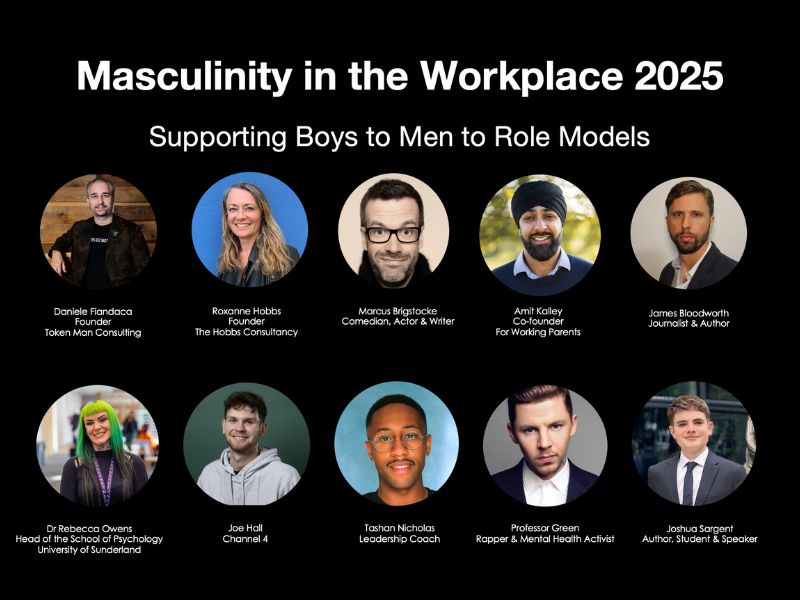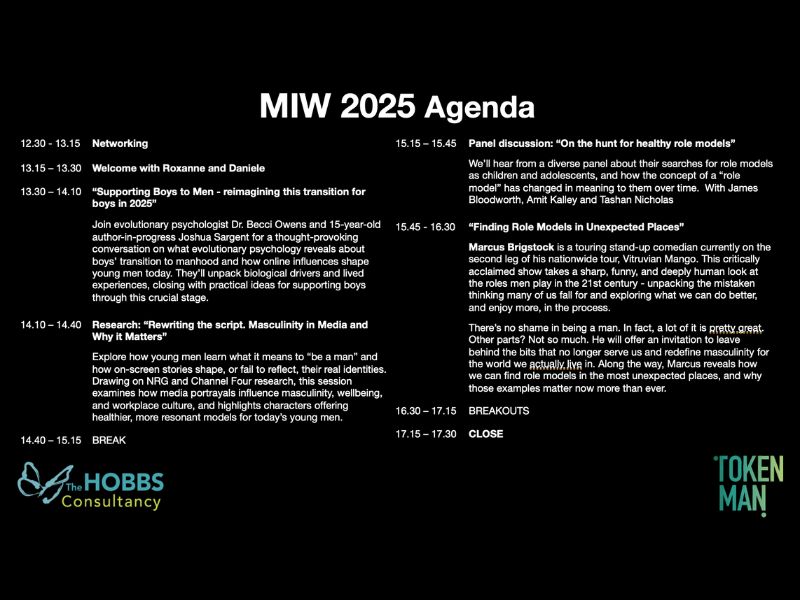Article by Andy Bass
 Have you ever felt underestimated at work? If so, my experience as a consultant – which has given me the opportunity to talk to people throughout many organizations – suggests that you’re not alone.
Have you ever felt underestimated at work? If so, my experience as a consultant – which has given me the opportunity to talk to people throughout many organizations – suggests that you’re not alone.
My favourite example occurred when I was working with an AI research lab. Every day, two computer science professors would meet for coffee at 11:00 to tackle the Times crossword. One day – having abandoned their efforts with a single clue undone – they left the newspaper on the coffee table. When they returned at lunchtime, they were baffled to find the clue completed. After a short but determined investigation, they were amazed to discover that they had been bested by the new temporary secretary. (It later transpired that she had a degree in English from Cambridge.)
It was a salutary lesson about how easy it is to overlook the talents and potential in our midst.
I’ve found that businesses are full of underappreciated potential, human and otherwise, and that the fastest growth opportunities may come from identifying and capitalising on this ‘hidden gold’.
To benefit, we need to look beyond our habitual ideas about our people, our products and indeed our whole businesses.
Look beyond your ideas about your people
We limit our access to human potential when we put people in conceptual boxes based on job specifications or on unreliable cues such as speech patterns, physical appearance or even hearsay.
These boxes dictate what people are supposed to be able to do, how they are to behave, what the possibilities are. Secretaries are not supposed to be better at cryptic crosswords than professors, a ‘fact’ that it gave the temp in my story great delight to subvert.
Similarly, many managers overlook the staff’s views, thereby cut themselves off from a vast store of potential for improvement and growth. Sometimes they are deliberately dismissive. “What can they know?” they ask themselves. More often, the bias is unconscious – it simply doesn’t occur to executives that the frontline might have valuable insights.
Whatever the causes, the tendency is damaging. One turnaround specialist says the first thing he does when called into a failing business is talk to the shopfloor and customer service people to find out “how management has messed up the business, and what we should do to return to growth.”
The answers are almost always valuable. Time and again, the information to help the business has been there all along.
Look beyond your idea of the product
Just as our ideas about people limit the potential to engage them more productively, our ideas about products and services can do the same. We often think about products in terms of fixed purposes. An everyday example is provided by baking soda. “What’s the purpose of baking soda?” is a strange question. It’s baking, obviously!
But to the purchasers of Arm and Hammer’s products, the underlying molecule, Sodium Bicarbonate, is also fridge deodoriser and even a home remedy for indigestion. Thinking of it in terms of any one purpose is likely to block you from seeing the other applications. Who’d think of eating fridge deoderiser as a treatment for indigestion?
Similarly, thinking of byproducts as ‘waste’ can lead to missed opportunities. Aquafaba is the viscous water resulting when chickpeas are cooked. This can be used as an egg white substitute in the mass production of vegan food products including meringues and marshmallows.
Look beyond your idea of the business
“What business are we in?” is one of the most fundamental questions possible, and a huge determinant of ultimate results. Imagine if Jeff Bezos had thought of Amazon as simply a book-seller (which is probably how most people thought of it in the early days).
Similarly, people who originally thought of Ocado as an online grocer didn’t imagine that it would morph into a global technology provider. The company never operated retail stores, choosing instead to deliver direct to customers. As Ocado grew, it developed the hardware and software to support its operations. Only later it realised that this could be its biggest growth asset and packaged it up as the Ocado Smart Platform. Through this platform, Ocado serves supermarkets across the world, including Morrisons (UK), ICA Gruppen (Sweden) and Kroger (USA). Reconfiguring from UK grocer to global technology provider has given Ocado dramatic growth prospects.
Other companies that realised the assets they had developed could meet additional valuable customer needs include PayPal, Lotus Cars and Basecamp. I document many more examples in my recent book Start With What Works.
Questions to consider to find your hidden gold
- What resources do we have, apart from money, that an entrepreneur would love?
- Given what we currently do, what does that imply about our capabilities? Where else could those capabilities deliver value to customers and clients?
- Where could our waste products or by-products have value?
- What have we learned through solving our own problems that we could package and sell to others?
- What have we become particularly good at – as a ‘side-effect’ of doing business – that we could package and sell to others?
- How much do we know about the capabilities of our people outside of their job specification? (hobbies, interests, skills, connections, past experiences… ). How could we tap into these additional talents that we are already paying to have on staff?
Resources hide in plain sight when we’re too sure of what we’ve got. Taking time to question our assumptions about products, business models and people can uncover what Ogilvy’s Rory Sutherland describes as “the business equivalent of “‘cash in the attic’”. After all, baking powder is not just baking powder, a grocer need not necessarily be ‘just’ a grocer, and most importantly, a person is not ‘just’ their job title.
 About the author
About the author
Andy Bass PhD is author of Start With What Works: a faster way to grow your business, published by Pearson Business. Read a sample chapter and download resources here
 Read this next…
Read this next…
The triple bottom line: The strategy for rocketship growth
People will tell you that you can’t have fast growth, happy customers AND happy employees. As a CEO and founder, I can tell you that you can. I set out to build a high-growth business that would enable anyone to hire employees anywhere, without the red tape traditionally associated with global expansion. But I also wanted to build a company people love— customers, business partners, and employees.
If you are a job seeker or someone looking to boost their career, then WeAreTheCity has thousands of free career-related articles. From interview tips, CV advice to training and working from home, you can find all our career advice articles here.










